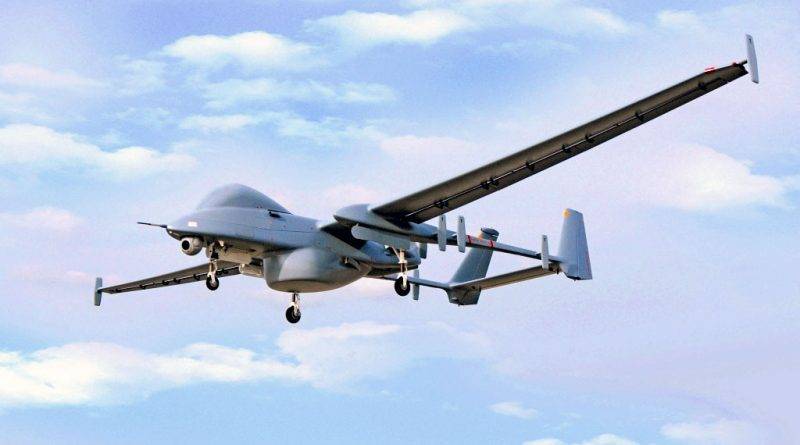In recent years, the integration of drone AI has revolutionized various industries, transforming the way we interact with and utilize aerial technology. This breakthrough has significantly expanded the capabilities of unmanned aerial vehicles (UAVs) beyond traditional boundaries, impacting numerous fields from agriculture to logistics. The implications of artificial intelligence in drones are profound, with its ability to automate and optimize tasks that previously required significant human intervention.
The Rise of AI-Powered Drones
Initially, drones were used primarily for military applications, but their adaptability soon caught the attention of commercial sectors. With the advent of AI technology , drones have evolved into sophisticated machines capable of performing complex maneuvers. AI allows drones to process information in real-time, enabling them to make autonomous decisions, improve navigation, and optimize flight patterns.
, drones have evolved into sophisticated machines capable of performing complex maneuvers. AI allows drones to process information in real-time, enabling them to make autonomous decisions, improve navigation, and optimize flight patterns.
Applications in Agriculture
Agriculture has been one of the earliest adopters of drone AI, benefiting from its precision and efficiency. Drones equipped with AI capabilities can monitor crop health, analyze soil conditions, and even optimize irrigation processes. This advancement not only increases yield and reduces waste but also minimizes the environmental impact of farming practices.
- Monitoring growing conditions with real-time data
- Assessing plant health using multispectral imaging
- Automating seeding and fertilizer application
Transforming Logistics and Delivery
The logistics industry is another sector experiencing profound changes due to AI in drones. Companies are exploring the potential of drone delivery services to improve efficiency and reduce costs. The use of AI allows drones to calculate optimal delivery routes, avoid obstacles, and ensure timely packages without human intervention. This not only streamlines the supply chain but also addresses the increasing demand for faster delivery times.
Drone AI ensures that logistics operations are more efficient and environmentally friendly.
Enhancing Safety and Surveillance
AI-enhanced drones are dramatically improving surveillance and safety measures across various domains. From environmental monitoring to emergency response, drones can provide real-time data and aerial perspectives otherwise difficult to obtain. AI algorithms enable them to recognize patterns, detect anomalies, and offer predictive insights, making them invaluable assets in disaster management and search-and-rescue operations.
Environmental Monitoring
Drones equipped with AI can monitor environmental changes, such as deforestation or glacial melting. This capability is crucial for maintaining biodiversity and informing climate-related policies. By analyzing large areas rapidly, they significantly contribute to conservation efforts worldwide.
Public Safety
In public safety, AI-powered drones can assist law enforcement and firefighters. For example, they can identify hotspots in wildfires, helping direct firefighting efforts, or track suspects in complex terrains without risking human life.
The Future of Drone AI
As technology continues to advance, the future of drone AI promises even greater innovations. Sophisticated AI algorithms will further enhance drones’ capabilities, potentially introducing new applications we have yet to envision. The key to future success lies in continued collaboration between sectors, ensuring that this technology is harnessed for the greater good.
Challenges and Ethical Considerations
Despite the promising benefits, drone AI also presents challenges, particularly regarding privacy and regulatory issues. Implementing strong governance and ethical frameworks is essential to ensure that drone operations respect individual rights while delivering societal benefits.
FAQs about Drone AI
What industries benefit the most from drone AI?
Industries such as agriculture, logistics, surveillance, and public safety see significant improvements with drone AI integration. These sectors leverage the technology for optimized operations and better data analysis.
Are there any privacy concerns with the use of drone AI?
Yes, privacy concerns are a major consideration as drones can capture extensive data. Ensuring compliance with privacy laws and ethical guidelines is crucial to addressing these concerns effectively.
How does drone AI help in disaster management?
Drone AI aids disaster management by providing real-time situational awareness, helping assess damage areas, and facilitating efficient resource allocation. This technology is pivotal in making quick, informed decisions during emergencies.